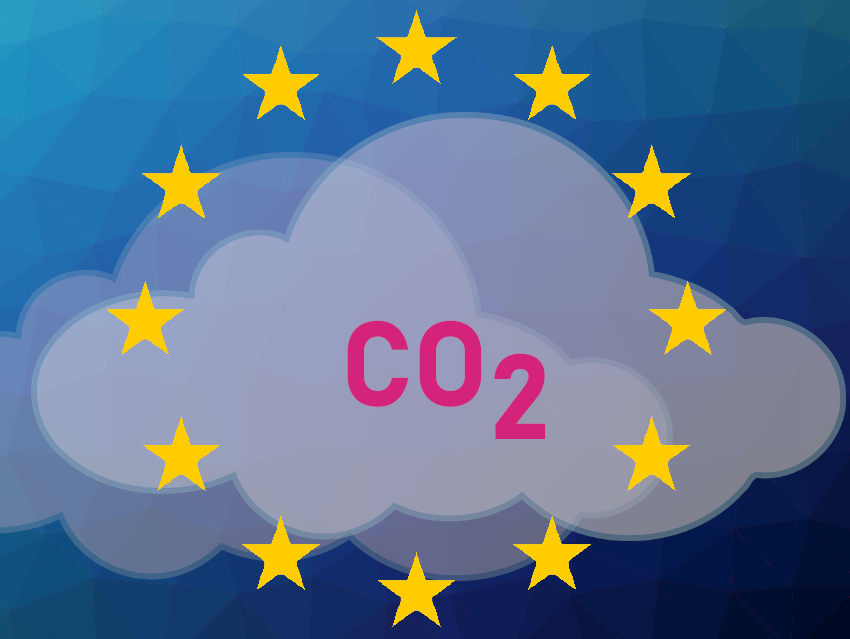Proposal of Net-Zero Industry Act
The European Commission has proposed the Net-Zero Industry Act (NZIA) to promote the production of clean technologies in the EU and prepare for the transition to clean energy. The Act aims to create favorable conditions for technologies that are crucial to achieving climate-neutrality, such as wind turbines, heat pumps, solar panels, and renewable hydrogen. It is accompanied by the proposed European Critical Raw Materials Act and the reform of the electricity market design to reduce the EU’s dependence on highly concentrated imports. The proposed legislation targets technologies that will significantly contribute to decarbonization, such as batteries and storage, biogas/biomethane, carbon capture, and sustainable alternative fuels technologies.
Before adoption and entry into force, the European Parliament and the Council of the European Union must discuss and agree on the proposed regulation.
Cefic’s Reaction
Cefic criticizes the European Union’s proposed Net-Zero Industry Act and calls for a more comprehensive industrial policy. Marco Mensink, Cefic’s Director General, said that the proposed “Net Zero Industry Act reads more like a Zero Industry Act”. It is unlikely to significantly enhance EU industry competitiveness since it fails to address the problem from the business and investor perspective. Furthermore, European gas prices are about five times higher than US prices, and the proposed act does not match the USA’s Inflation Reduction Act (IRA) in any way in his opinion.
According to Cefic, the Net-Zero Industry Act focuses too much on capital expenditures and ignores incentives to reduce day-to-day operational expenses, which is the “carrot” offered by the US IRA, particularly for hydrogen and carbon capture and storage. Marco Mensink said, You can invest into an electrolyser but you won’t have any renewable hydrogen if the electricity you need to produce the hydrogen with is so expensive that the hydrogen will either not be bought or sold at a loss.”
He also pointed out that the Net-Zero Industry Act could attract customers to the US and the list of supported technologies ignores energy-intensive industry decarbonization and the circularity dimension. It is impossible to achieve the European 2050 climate goals without developing a competitive circular economy.
Cefic calls for a sectoral and holistic view of industrial transformation, recognition of interdependencies between value chains, access to energy and raw materials at a competitive price, focus on export competitiveness, and practical, timely, and accessible funding support for enterprises of all sizes. They urge the Commission and Member States to take action.
- European Chemical Industry Council (Cefic), Brussels, Belgium
- Net-Zero Industry Act: Making the EU the home of clean technologies manufacturing and green jobs, Press release, European Commission, Brussels, Belgium, March 16, 2023.
- Net Zero Industry Act, Proposal for regulation, March 16, 2023.
Also of Interest

German chemical industry’s perspective on the Green Deal Industrial Plan and the US Inflation Reduction Act (IRA)




